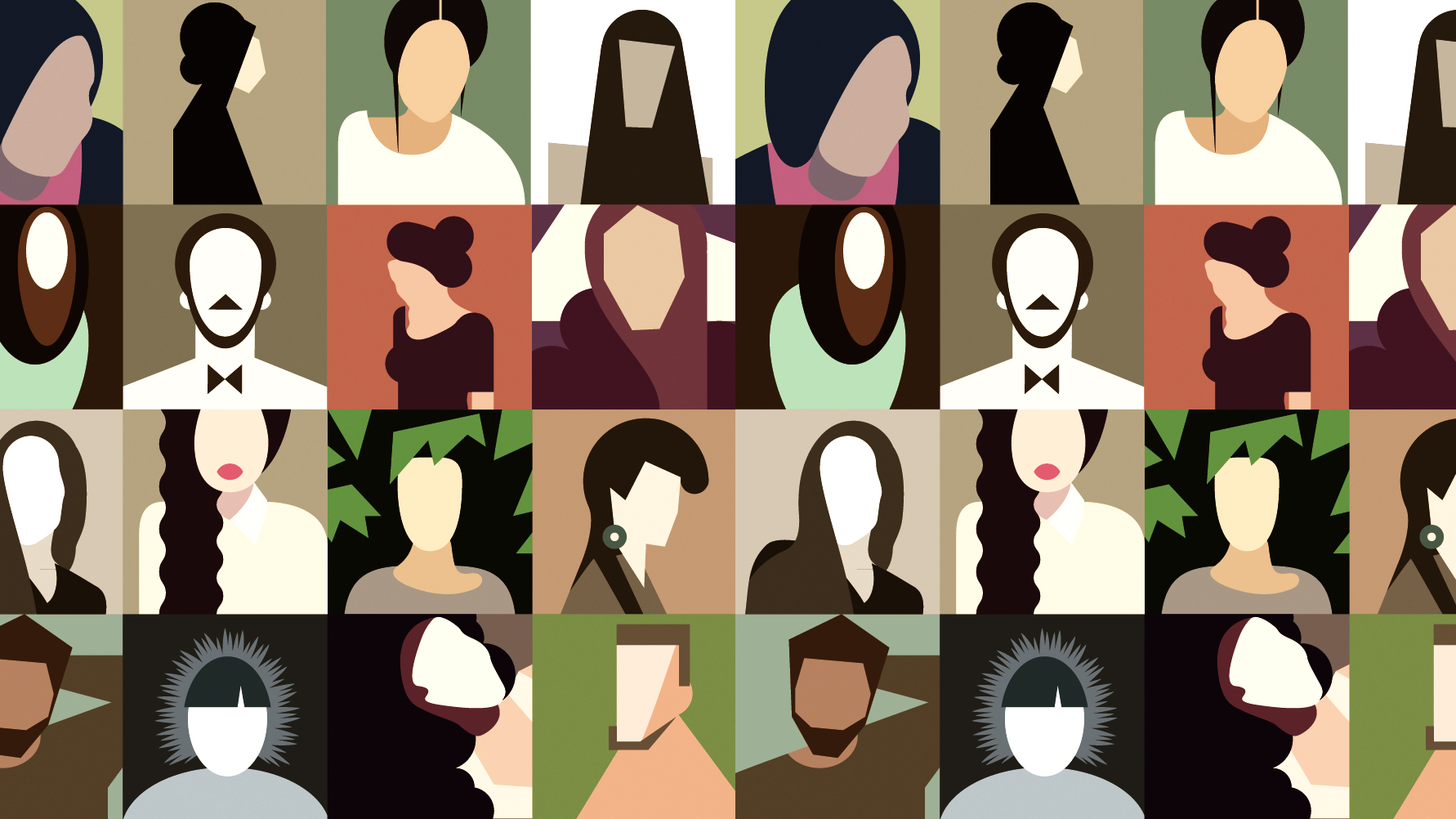

Dating stereotypes of men - was specially
If You Want a Marriage of Equals, Then Date as Equals
The heterosexual men I interviewed claimed that a woman’s assertiveness took the pressure off them. While some liked paying for dates, feeling that the gesture was a nice way to show they cared, others were more resistant. One man told me he splits the cost of a date “Fifty-fifty. That goes right in line with my theory of the person I consider my equal. Just because I carry the penis does not mean that I need to buy your food for you. You’re a woman, you’re educated or want to be educated, you want to be independent—take your stance.”
But as the relationship progressed, the men I spoke with held persistent double standards. They expected women to walk a fine line between enough and too much sexual experience. They admitted to running into conflicts with “strong-willed” women. Men also wanted to be taller, stronger, and more masculine than their partners. And many of the men expected women to take their last names after marriage.
Read: Even breadwinning wives don’t get equality at home
When men and women endorsed these traditional gender roles early in a relationship, undoing those views in marriage was difficult. The married men I interviewed often left caregiving and housework to the women, while the husbands considered themselves breadwinners and decision makers. This behavior fell in line with national trends. As American time-use surveys show, women still do about twice as much unpaid labor in the home as men.
One woman said of her husband, “He’ll take our son on bike rides with him. But in the middle of the night, I’m the one getting up. Like for me to be out like this on this interview, I had to make sure there was dinner stuff for him.”
A man expressed his resentment at not having an egalitarian relationship, saying, “That’s not the relationship I want for myself.” Yet he later added that his partner should do more of the household labor, because she was more invested in a clean house.
The LGBTQ people I interviewed offered a different partnership model. They wanted no part of the dating scripts they saw as connected to gender inequality. “We have explicitly said we’re not normal or traditional, so we can write the script ourselves. We don’t have to buy into this belief that the guy is gonna be kinda dopey, but well meaning, and enjoy sports, and the woman is gonna withhold sex and demand to have things paid for,” one woman told me.
Read: The five years that changed dating
Because many LGBTQ relationships do not rely on well-established ideologies, norms are often considered, questioned, and then rejected, with the aim of making space for egalitarian practices instead. In the process, many of the couples I spoke with incorporated the elements they felt were important to a successful relationship, emphasizing constant communication, evaluation, and negotiation. The goal was greater individuality and equality, and they actively worked to balance their own needs with the needs of their partners. As the woman above said, “Let’s craft our own relationship.”
Just as noteworthy, the LGBTQ interviewees set up the expectations of equality from the outset of dating, not after it. This approach shifted their understanding of what was possible for intimate relationships, and they, for the most part, had more equal, long-term relationships as a result.

-
-
-